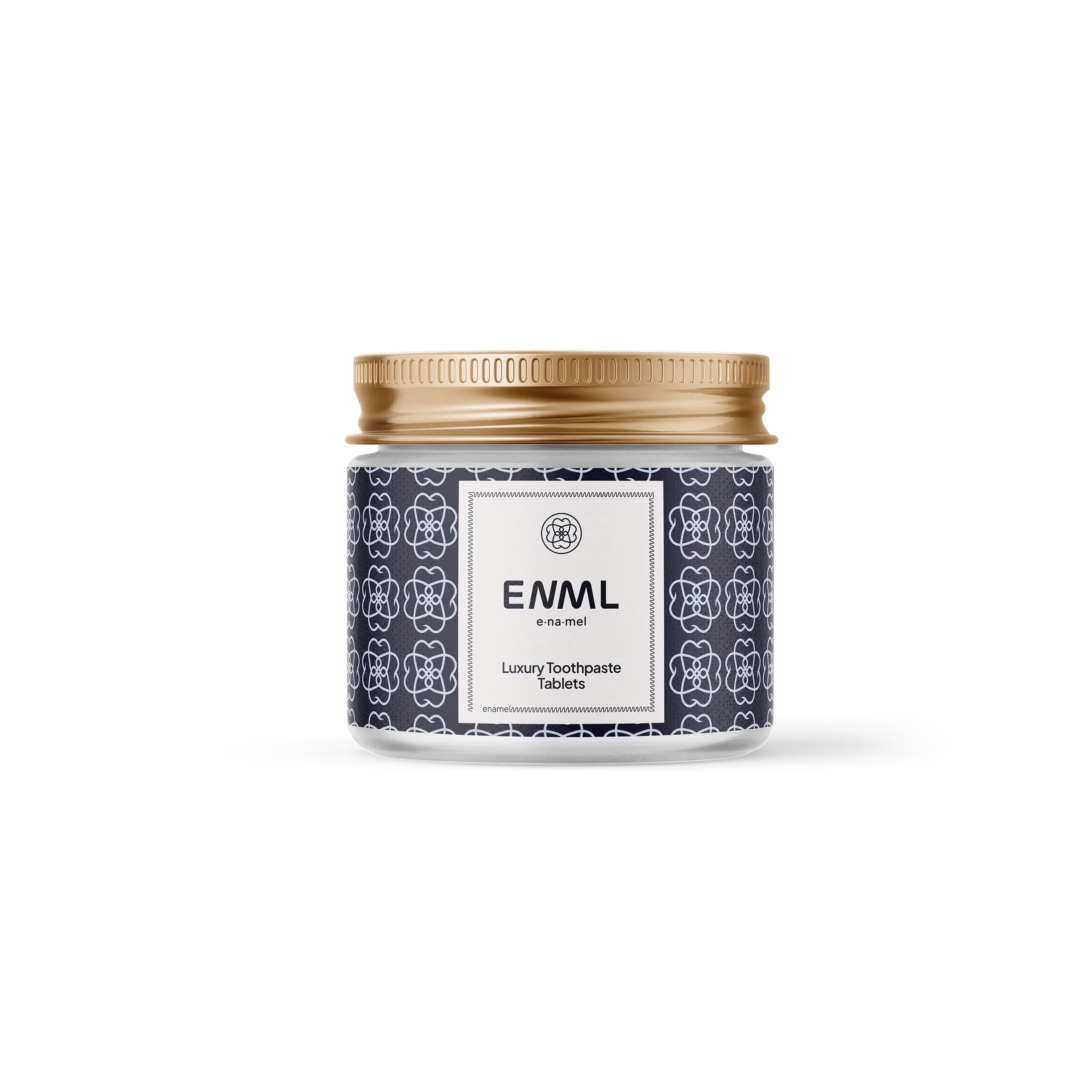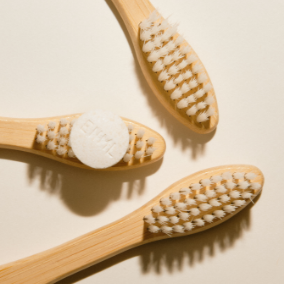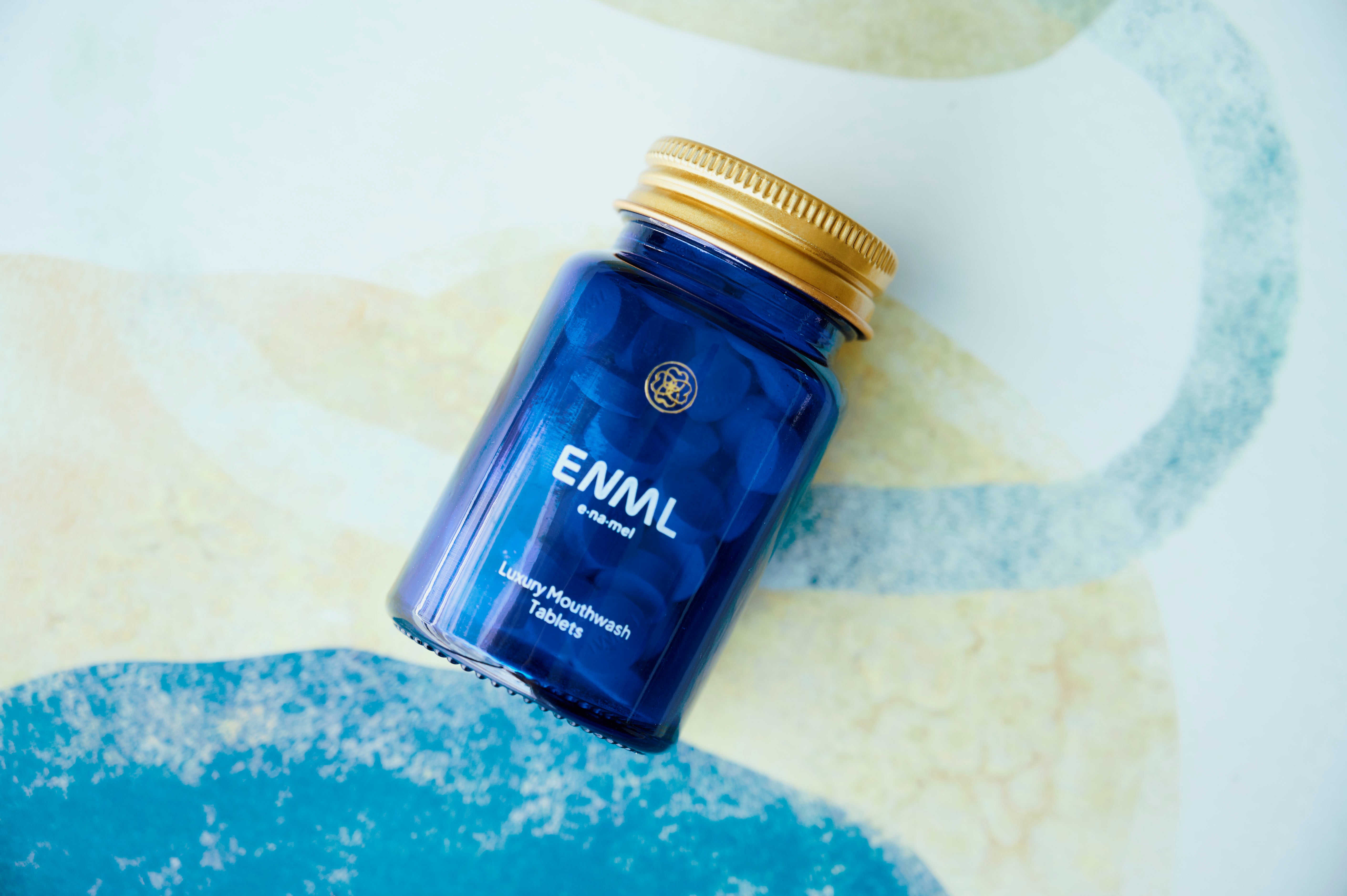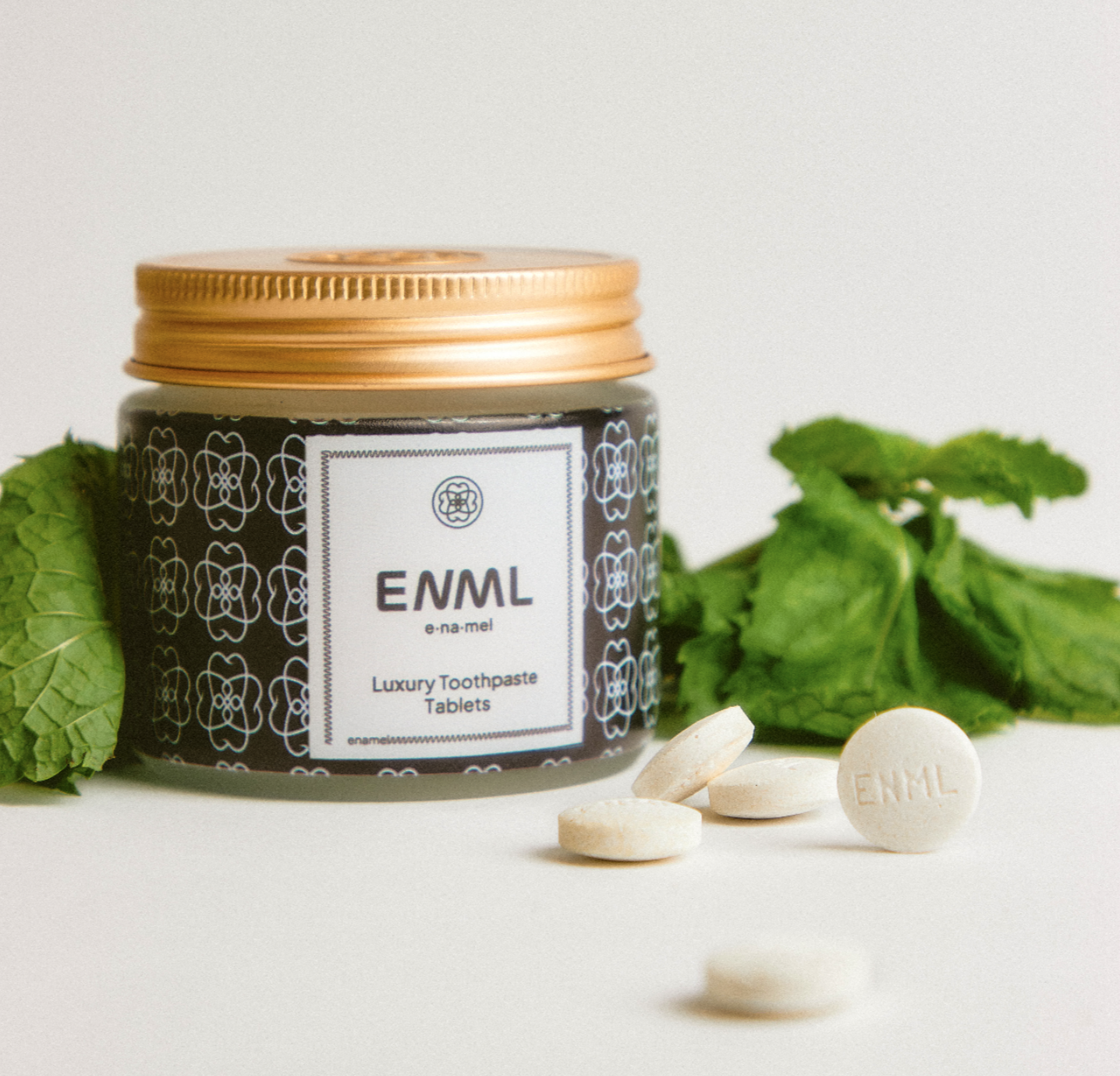Oral care has seen a revolution with the introduction of toothpaste tablets, a waterless, convenient, and effective alternative to traditional toothpaste. In this blog post, Dr. Jordan Harper explains why these tablets are more than just a trend—they’re here to change oral health habits for good. Whether you’re an avid traveler, an elderly person with arthritis, or someone who loves eco-friendly options, toothpaste tablets make life easier while providing the same protection and cleaning power as tube toothpaste.
What makes toothpaste tablets superior to traditional tube toothpaste for various lifestyles and needs?
Toothpaste tablets have brought a new dimension of convenience and practicality. This post explores how they outperform traditional toothpaste in protecting your teeth and enhancing the user experience, particularly for people facing challenges with regular tubes, such as arthritis or visual impairments.
💡Related Post: How Oral Wellness and a Radiant Smile Enhance Your Appearance
Key Questions and Answers
1. What makes toothpaste tablets better than traditional toothpaste?
Toothpaste tablets are waterless and easy to carry, making them ideal for travel. Unlike paste, you don’t have to worry about TSA restrictions or messy leaks in your bag. Moreover, ENML toothpaste tablets offer the same foaming and cleaning experience as traditional paste but without the waste or hassle.
2. Is it difficult to switch from paste to tablets?
The switch may feel foreign at first, but Dr. Harper assures it only takes about a week to get used to using the tablet format. Once users experience the benefits—more convenience, better dose accuracy—they rarely return to traditional toothpaste.
3. How do toothpaste tablets benefit specific groups of people, like the elderly or visually impaired?
For elderly people with arthritis or anyone with dexterity challenges, squeezing toothpaste out of a tube can be difficult. Toothpaste tablets eliminate this issue—just pop a tablet in your mouth and brush. The same goes for visually impaired people who rely on feel; with tablets, they no longer need to guess how much paste is on their toothbrush.
4. Are toothpaste tablets better for travel?
Absolutely! Being waterless, toothpaste tablets are TSA-friendly and lightweight, making them perfect for frequent travelers who want a fuss-free oral care solution. No more getting frisked for bringing too much liquid or dealing with messy toothpaste tubes.
💡Related Post: Transform Your Oral Care Routine: How Hydroxyapatite is Revolutionizing Toothpaste Choices with ENML
Conclusion
Toothpaste tablets are redefining how we approach oral care, offering a more sustainable, convenient, and accessible alternative to traditional toothpaste. Whether you’re seeking a travel-friendly solution, an eco-conscious option, or an easier way to maintain oral hygiene, ENML Toothpaste Tablets are here to elevate your routine. Discover ENML Toothpaste Tablets today and experience the future of oral care!
Transcript
"So you would say comparatively, obviously from the paste to the tablet, from the protecting and the cleaning aspect, it's going to be better. Once people get used to, and it only takes a week, honestly, of using a tablet, right? The tablets are foreign at first, it's different. You're like, why am I putting a tablet in my mouth and then chewing it?
But once you get used to using it, you'll never go back to paste. That's right. Because it's so much faster, it's so much more convenient, the user experience is so much better, you know. Especially think about the elderly population, where you've got arthritic hands, and it’s more difficult for them to accurately squeeze out a proper dose of toothpaste out of a tube, right?
You give them a tablet, yeah, pop it in their mouth. It's easy, right? Another good example, think about blind people. They're in their bathroom, fumbling around, trying to figure out how to get paste on a brush that they can't see and are having to do it all by feel. With a tablet, we've eliminated all that. Just take a tablet, pop it in your mouth, brush your teeth, and it's done."






